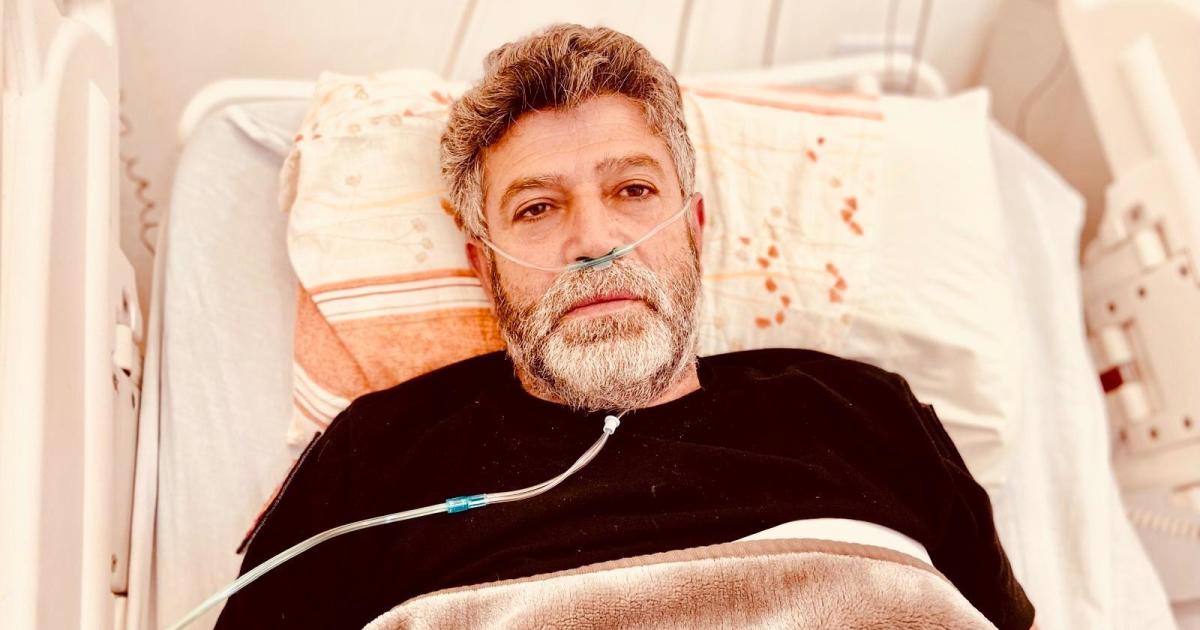The ongoing conflict between Israel and Hezbollah in Lebanon has resulted in a devastating humanitarian crisis, with countless casualties and widespread destruction. The intensity of the fighting has escalated dramatically since mid-September 2023, leaving a trail of death and suffering across the country. This conflict is not just a war between armed groups; it’s a crisis that is deeply affecting Lebanese civilians, particularly the brave first responders who are risking their lives daily to save others amidst the relentless bombardment. The sheer scale of destruction and the deliberate targeting of rescue workers raise serious questions about the adherence to international humanitarian law and the responsibility to protect civilians caught in the crossfire. This report details the escalating situation and the alarming targeting of civilian rescue personnel in Lebanon.
The Escalating Conflict and its Impact on Civilians
The conflict between Israel and Hezbollah has reached unprecedented levels of violence. Israel launched a major offensive in mid-September 2023, targeting Hezbollah infrastructure in response to the group’s continuous rocket and drone attacks. The Lebanese health ministry reports nearly 2,000 deaths since the escalation began. This number is expected to continue rising with each passing day. The sheer number of casualties underscores the intensity of the conflict and the devastating impact on civilian populations.
Devastation and Destruction
The airstrikes have reduced buildings to rubble, leaving countless civilians displaced and homeless. Hospitals and medical facilities have been overwhelmed, struggling to cope with the influx of wounded and dead. Essential infrastructure has been damaged or destroyed, further hindering efforts to provide humanitarian assistance to those in need. This wide-scale destruction has left numerous Lebanese families without homes, food or healthcare, adding another layer of urgency to the humanitarian situation.
Targeting of Civilian Infrastructure
Reports suggest a pattern of deliberate targeting of civilian infrastructure, including residential areas, hospitals, and even the emergency service centers. The impact goes beyond mere casualties and structural damage. This intentional targeting not only disrupts the civilian population but also jeopardizes relief operations, complicating rescue and recovery efforts further compounding the challenges faced by civilians. This highlights the urgent need for international intervention to protect civilians and ensure humanitarian access.
The Plight of Lebanese First Responders
Lebanese first responders, including medical workers and rescue teams, are playing a critical role in providing life-saving assistance amidst the chaos and danger. They brave the ongoing attacks to rescue and care for injured civilians, but are now finding themselves increasingly caught in the line of fire. This relentless attack not only hinders the efficiency of rescue operations but also decimates Lebanon’s capacity for emergency response.
Direct Targeting of Rescue Teams
Hussein Fakih, head of a rescue team in Nabatiyeh, alleges that Israeli forces have directly targeted his team and other emergency workers on multiple occasions. He recounts several incidents where rescue vehicles, clearly marked with international symbols, were struck. His team alone has reported 8 deaths and 35 injuries among their members. This direct targeting poses significant risk, undercutting international humanitarian law and leaving Lebanese civilians without the support they critically need during emergency situations.
A Story of Loss and Resilience
The accounts of first responders like Hussein Jaber, who lost a colleague in an airstrike, reveal the profound toll this war is taking on both human life and morale. Jaber’s unwavering commitment to helping others despite the immense personal risk demonstrates the deep sense of duty and resilience of Lebanon’s first responders. Their acts of bravery serve as a stark reminder of the relentless humanitarian challenges faced by Lebanese civilians. Despite repeated attacks and immense losses, the courage of Lebanon’s first responders stands testament to their unrelenting dedication and perseverance to serve their community.
Israel’s Response and International Law
The Israeli Defense Forces (IDF) claim to operate in accordance with international law, citing Hezbollah’s embedding of military assets in civilian areas. They state they issue advanced warnings to civilians before strikes, however, the testimonies of rescue workers and civilians contest this claim. There are numerous accounts contradicting the claim that there were timely warnings given. The differing accounts raise critical concerns about whether the current actions uphold international humanitarian law principles. The question remains unresolved with various conflicting testimonies presented.
Disparities in Accounts
While the IDF claims to mitigate harm to civilians, reports and accounts from the ground paint a different picture. Many witnesses say warnings are insufficient, too late, or absent altogether in some cases. The disparity between the IDF’s account and firsthand experiences raises profound doubts about the reality of protections given to civilians in war-stricken areas.
Implications for International Humanitarian Law
The targeting of rescue workers and civilian infrastructure raises critical questions about compliance with international humanitarian law and the principle of distinction between combatants and civilians. The disregard for international humanitarian principles places countless civilians at significant risk, increasing human cost within the conflict zone. This warrants strong international scrutiny.
Takeaways
The ongoing conflict in Lebanon has resulted in an undeniable humanitarian catastrophe. The intentional targeting of civilian infrastructure and rescue personnel is a grave violation of international law. The plight of Lebanese first responders highlights the extraordinary risks they face, as well as their unwavering dedication to saving lives. The situation underscores the urgent need for international intervention to protect civilians, ensure humanitarian access, and hold those responsible for war crimes accountable. It requires immediate action from international humanitarian organizations and global leaders to mitigate the suffering in Lebanon.




